Table of Contents
The debate over South Korea’s potential nuclear armament continues to unfold amid rising tensions in Northeast Asia. If South Korea were to pursue nuclear weapons, China may take extreme measures to prevent it, including possible military responses. Although China does not have a pre-existing plan, Beijing would likely react swiftly, driven by the unexpected nature of such a move. This reaction could lead to a rapid escalation in the region, with profound implications for both China-South Korea relations and the broader U.S.-South Korea alliance.
In this context, Chinese analysts and policymakers tend to overlook the growing public support in South Korea for nuclear weapons, often misinterpreting the situation. Meanwhile, South Korean analysts have not fully understood China’s perspective on the issue, which may lead to miscalculations. This lack of mutual understanding could provoke a conflict in the region that neither party expects or desires.
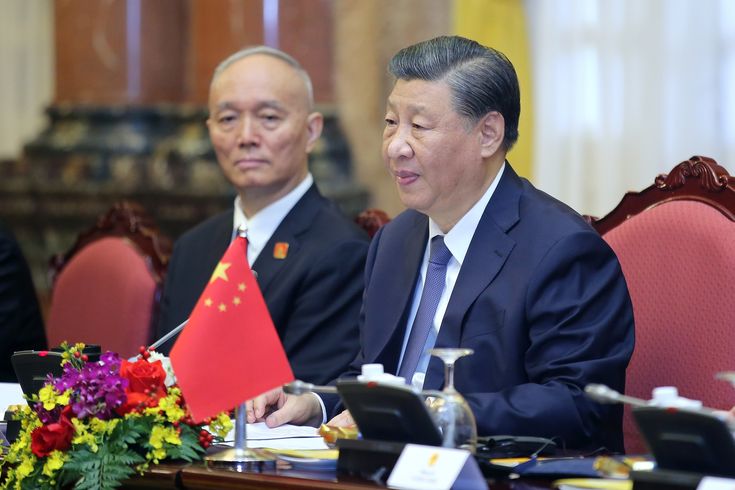
The Nuclear Debate in South Korea
The issue of South Korea’s nuclear ambitions is driven by the nation’s growing concerns over its security, particularly regarding North Korea’s nuclear arsenal. Public support for nuclear weapons in South Korea is increasing, primarily in response to fears that the U.S. may abandon its security commitments and withdraw its forces from the peninsula. Should South Korea develop its own nuclear arsenal, it would likely prompt a reevaluation of its defense strategy, particularly if the U.S. were to withdraw its forces.
This situation would complicate China’s security calculus, as Beijing is wary of the region’s evolving nuclear dynamics. The U.S.-South Korea alliance has been a cornerstone of regional security for decades, and any shift in this arrangement would inevitably raise tensions between China and its neighbors. As the debate intensifies, it is essential to examine China’s concerns and how it views the potential consequences of a nuclear-armed South Korea.
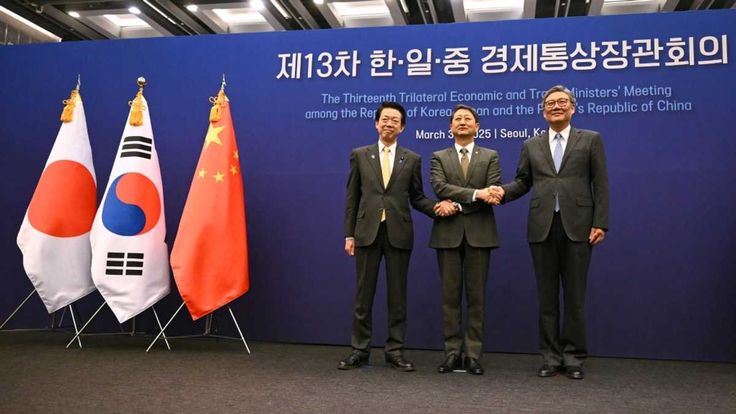
Chinese Perspectives on South Korea’s Nuclear Debate
To understand China’s stance on the issue, I analyzed 14 Chinese journal articles and expert commentaries published in recent years on the topic of South Korea’s nuclear weapons development. Chinese authorities have not yet issued direct statements about South Korea’s potential nuclear armament, likely due to the hypothetical nature of the issue. However, academic discussions in China reveal several key concerns.
Chinese experts are primarily concerned with U.S. actions in the region, which they view as the primary driver of South Korea’s nuclear aspirations. Specifically, the United States’ actions, such as nuclear deterrence measures and the establishment of nuclear consultative groups in 2023, have raised alarm in Beijing. These measures, according to Chinese analysts, undermine the nonproliferation regime in Northeast Asia and could fuel further nuclear competition.
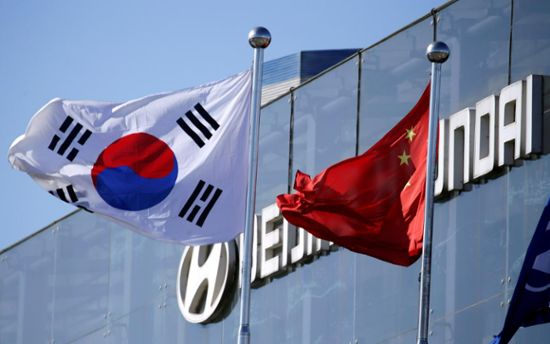
The Impact of U.S. Extended Deterrence
A significant point of contention for China is the U.S. policy of extended nuclear deterrence to South Korea. This policy, which includes the deployment of strategic bombers and nuclear-armed submarines, is viewed by Beijing as a direct threat to its security. Chinese analysts argue that U.S. actions in the region, such as deploying tactical nuclear weapons or supporting South Korea’s nuclear ambitions, could spark a nuclear arms race in East Asia. The idea of a multilateral nuclear consultative group including the U.S., South Korea, and Japan is particularly concerning to China, as it could evolve into an “Asian NATO” aimed at countering Chinese influence.
In Chinese eyes, South Korea’s nuclear debate is less about North Korea’s nuclear weapons and more about how U.S. actions undermine global nonproliferation efforts. They argue that U.S. policies—such as supporting Australia’s nuclear-powered submarines through the AUKUS agreement and withdrawing from the INF Treaty—are weakening the international nonproliferation framework, thereby indirectly encouraging South Korea’s pursuit of nuclear weapons.
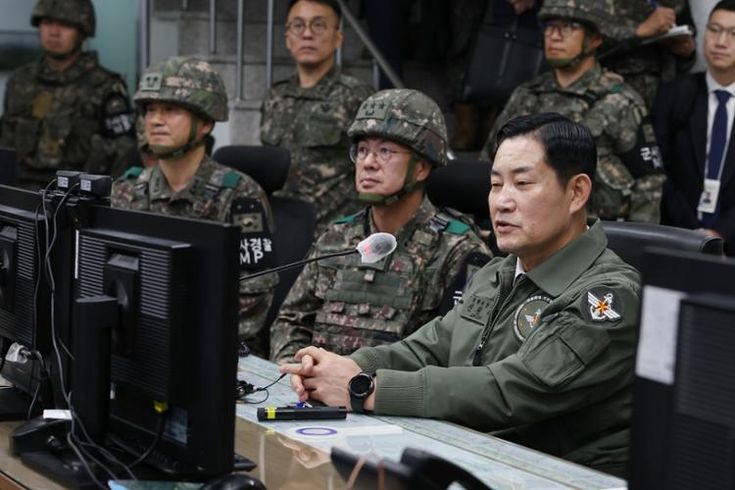
China’s Concerns About U.S. Nuclear Policies
Chinese scholars tend to frame South Korea’s nuclear debate within the broader context of U.S. foreign policy in the region. They argue that South Korea’s desire for nuclear weapons is a reaction to U.S. actions rather than an independent decision by Seoul. If the United States were to reduce its military pressure on North Korea or offer more substantial diplomatic engagement, South Korea’s perceived need for nuclear weapons would diminish.
However, Chinese analysts underestimate the degree to which South Korea’s public opinion and its national security concerns drive the debate. Many Chinese scholars view South Korea’s nuclear aspirations as a passive response to U.S. policy, failing to acknowledge that South Korea may have its own strategic interests at play, independent of Washington.
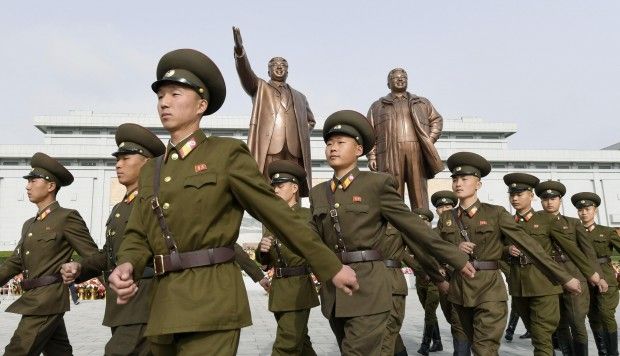
Potential Consequences of U.S. and South Korean Nuclear Cooperation
As tensions rise over the nuclear debate, U.S. scholars and policymakers have begun to publicly endorse the idea of nuclear sharing or the redeployment of tactical nuclear weapons to South Korea. This shift in U.S. policy has the potential to escalate tensions between the U.S. and China, as well as between South Korea and its northern neighbor.
Should South Korea move toward acquiring nuclear weapons, China would likely respond with swift military measures—similar to its reaction during the THAAD missile defense crisis in 2016. In that instance, Beijing imposed economic sanctions on South Korea in response to the deployment of the Terminal High Altitude Area Defense (THAAD) system. In a scenario where South Korea pursues nuclear armament, China might consider military options, including missile strikes or further economic retaliation.
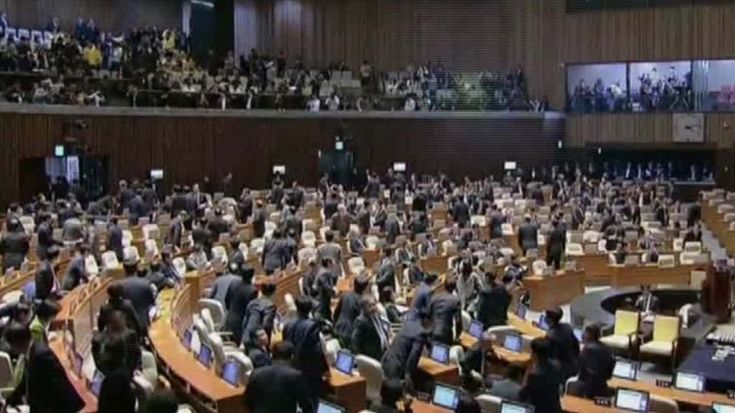
The Importance of Addressing China’s Perspective
South Korean analysts have largely ignored China’s potential response to nuclear armament discussions. While the U.S. reaction is often the primary focus of these debates, it is essential to consider how China views these developments. Given China’s growing military power and its perception of U.S. alliances in East Asia, South Korea must engage more seriously with Beijing’s concerns to avoid triggering an unintended military escalation.
Increasing dialogue between South Korea and China is crucial to mitigating the risks associated with nuclearization. As experts suggest, both countries need to better understand each other’s security concerns and find common ground on how to address North Korea’s nuclear threat without destabilizing the broader region.
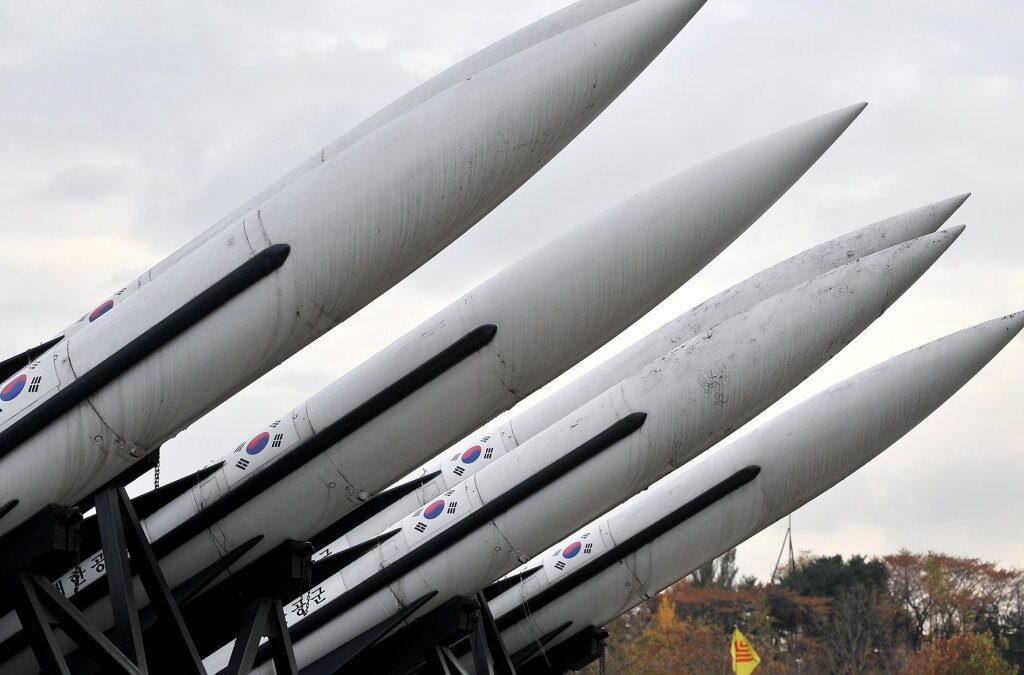
Conclusion: A Delicate Balance
The debate over South Korea’s nuclear future is a complex issue involving national security concerns, geopolitical alliances, and public opinion. While China remains primarily focused on the U.S. role in the region, South Korea’s strategic interests are evolving in response to North Korea’s nuclear ambitions and the possibility of U.S. military withdrawal. To avoid escalation, South Korea must carefully consider China’s perspective and engage in transparent dialogue with both China and the United States to prevent the crisis from spiraling into an uncontrollable conflict.
Author Profile
- Syed Tahir Abbas is a Master's student at Southwest University, Chongqing, specializing in international relations and sustainable development. His research focuses on U.S.-China diplomacy, global geopolitics, and the role of education in shaping international policies. Syed has contributed to academic discussions on political dynamics, economic growth, and sustainable energy, aiming to offer fresh insights into global affairs.
Latest entries
 U.S. Foreign PolicyFebruary 2, 2026AI and Grand Strategy: The Case for Restraint – Navigating the Future of American Power
U.S. Foreign PolicyFebruary 2, 2026AI and Grand Strategy: The Case for Restraint – Navigating the Future of American Power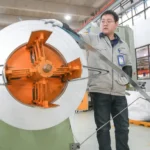 National SecurityJanuary 31, 2026Treating China’s Connected Energy Systems as a National Security Risk
National SecurityJanuary 31, 2026Treating China’s Connected Energy Systems as a National Security Risk Global HealthJanuary 29, 2026The Future of the WHO—and How the United States Can Shape It
Global HealthJanuary 29, 2026The Future of the WHO—and How the United States Can Shape It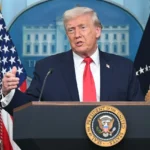 Global TradeJanuary 22, 2026Trump Cancels Tariffs on European Nations Over Greenland Pursuit?
Global TradeJanuary 22, 2026Trump Cancels Tariffs on European Nations Over Greenland Pursuit?

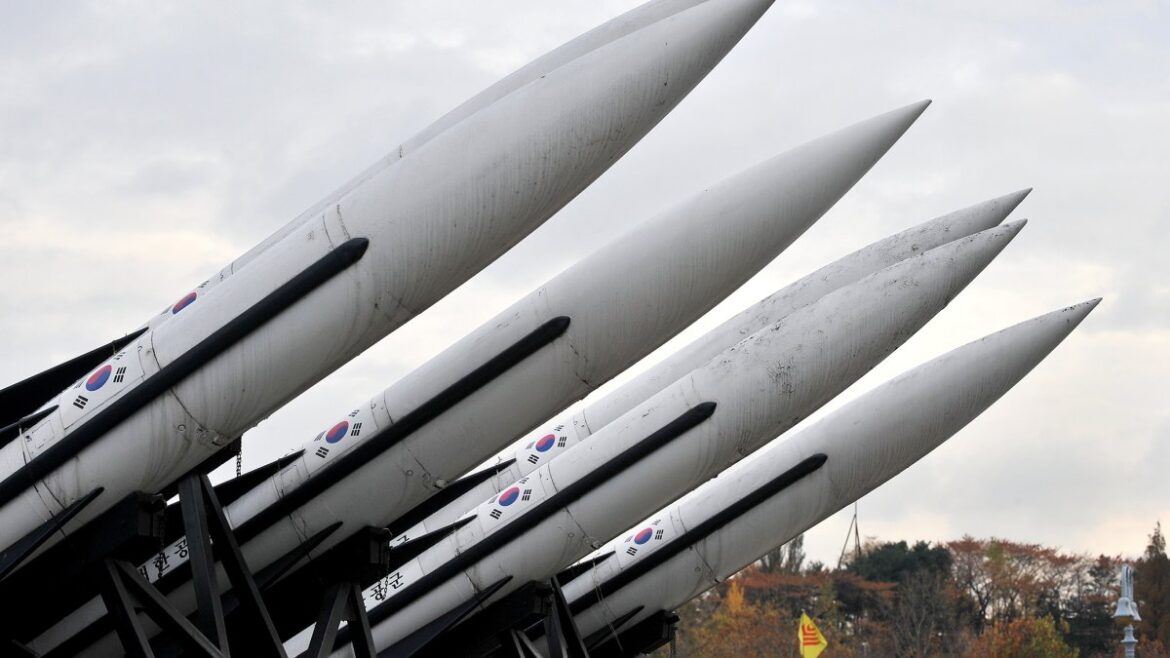

12 comments
Keep up the good work. You have bought to this topic that no one could write like you. ♥️
You have bought to this topic that no one could write like you. ♥️
Your story truly touched me. I relate to it deeply, and your honesty gave me a fresh perspective. Thank you for sharing!
Thanks for every other informative web site. The place else could I am getting that kind of info written in such an ideal method? I’ve a undertaking that I am just now running on, and I’ve been at the glance out for such info.
Keep up the fantastic work, I read few blog posts on this site and I believe that your website is very interesting and contains lots of fantastic information.
Just desire to say your article is as astonishing. The clarity in your post is just spectacular and i could assume you’re an expert on this subject. Well with your permission let me to grab your RSS feed to keep updated with forthcoming post. Thanks a million and please continue the rewarding work.
There are definitely a lot of particulars like that to take into consideration. That is a nice point to deliver up. I offer the thoughts above as normal inspiration but clearly there are questions like the one you deliver up the place crucial factor can be working in sincere good faith. I don?t know if best practices have emerged around issues like that, but I’m positive that your job is clearly identified as a good game. Each girls and boys feel the influence of just a moment’s pleasure, for the remainder of their lives.
Very interesting topic, thanks for putting up.
Thank you, I have recently been looking for info about this subject for a long time and yours is the greatest I’ve found out so far. However, what in regards to the bottom line? Are you positive about the source?
Hi, I think your site might be having browser compatibility issues. When I look at your website in Safari, it looks fine but when opening in Internet Explorer, it has some overlapping. I just wanted to give you a quick heads up! Other then that, fantastic blog!
Thankyou for all your efforts that you have put in this. very interesting information.
I beloved up to you’ll obtain carried out right here. The cartoon is attractive, your authored subject matter stylish. nevertheless, you command get bought an edginess over that you wish be handing over the following. sick indubitably come further in the past once more as precisely the similar just about a lot incessantly within case you defend this increase.